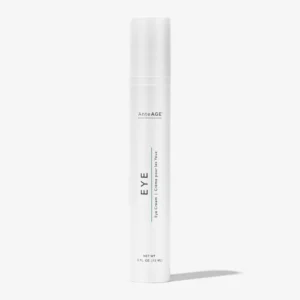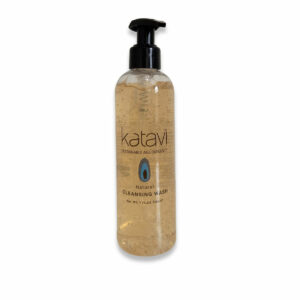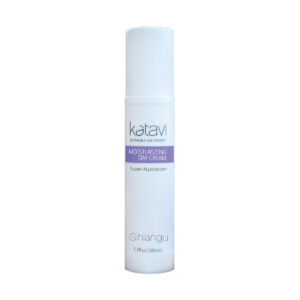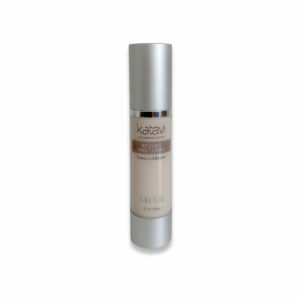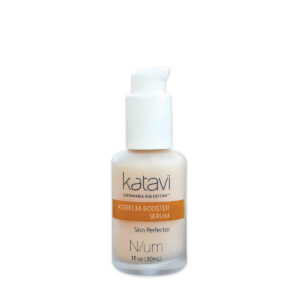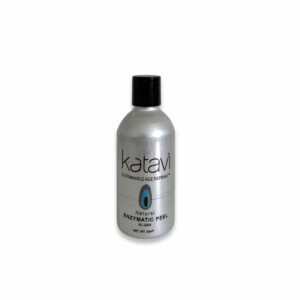COPD and NAD+
COPD (Chronic Obstructive Pulmonary Disease) is a progressive lung disease that causes breathing difficulties due to damage to the airways and lung tissue. NAD+ (Nicotinamide Adenine Dinucleotide) is a coenzyme found in all living cells that plays a key role in energy metabolism and cellular signaling.
Recent research has shown that NAD+ levels are depleted in patients with COPD. This depletion results in decreased mitochondrial function and energy production in the cells of the lungs, which contributes to the progression of the disease. By supplementing with NAD+ precursors, such as nicotinamide riboside, it may be possible to increase NAD+ levels and improve lung function in these patients.
Additionally, NAD+ has been shown to have anti-inflammatory properties, which could also be beneficial in mitigating the chronic inflammation that occurs in COPD. However, further research is needed to fully understand the potential therapeutic benefits of NAD+ in COPD.
Inflammation and NAD+
Inflammation is a natural response of the body’s immune system to injury, infection, or tissue damage. It helps to initiate the healing process by increasing blood flow and activating immune cells to fight off any invading microorganisms or eliminate damaged tissue.
NAD+ (nicotinamide adenine dinucleotide) is a coenzyme that plays a critical role in cellular metabolism, energy production, and DNA repair. It is involved in many vital cellular processes, including cellular respiration, mitochondrial function, and cellular signaling.
Recent studies have found that inflammation can significantly affect NAD+ levels in the body. Chronic inflammation has been linked to decreased NAD+ levels and reduced activity of enzymes that rely on NAD+ for their function.
Inflammation can also inhibit the body’s ability to produce NAD+ by altering the expression of key enzymes involved in NAD+ synthesis. This can lead to a loss of energy production and cellular dysfunction, which may be a contributing factor to many chronic diseases.
On the other hand, some studies suggest that supplementing with NAD+ precursors, such as nicotinamide riboside (NR) or nicotinamide mononucleotide (NMN), can reduce inflammation and oxidative stress in the body. These precursors can increase NAD+ levels, which may help to support the body’s natural antioxidant defenses, mitochondrial function, and cellular repair mechanisms.
NAD+ Therapy to decrease Inflammation
NAD therapy (nicotinamide adenine dinucleotide therapy), which is also known as NAD+ therapy or NAD IV therapy, has been found to have anti-inflammatory properties that may help to decrease inflammation throughout the body.
NAD+ is a coenzyme involved in cellular metabolism, and it has been shown to play a role in immune system function and regulation. In particular, NAD+ has been found to activate sirtuins, a group of proteins involved in regulating the immune response, which can decrease inflammation.
Research has shown that NAD+ therapy can decrease inflammation in a number of conditions, such as Crohn’s disease, rheumatoid arthritis, and chronic obstructive pulmonary disease (COPD). In addition, NAD+ therapy has been shown to have neuroprotective and anti-aging effects, which may also be related to its anti-inflammatory properties.
Overall, while more research is needed to fully understand the effects of NAD+ therapy on inflammation, initial findings suggest that it may be a promising treatment option for those with inflammatory conditions.
NAD+ Therapy helps with COPD
NAD therapy for COPD, or nicotinamide adenine dinucleotide therapy, is a relatively new approach that involves the administration of NAD+ intravenously to patients with COPD.
The theory behind NAD therapy is that it helps to repair the cellular damage caused by COPD, thereby increasing lung function and improving symptoms. NAD+ is a coenzyme that plays a crucial role in cellular energy production, and it has been found to be depleted in individuals with COPD.
Studies have shown that NAD therapy may be effective in reducing inflammation, improving pulmonary function and increasing exercise capacity in individuals with COPD.
However, it is important to note that NAD therapy is still an experimental treatment and more research is needed to fully understand its effectiveness and safety. Additionally, it can be expensive and is not yet widely available. Therefore, it is important for individuals with COPD to discuss the potential benefits and risks of NAD therapy with their healthcare provider before considering this treatment approach.
NAD+ for COPD and Inflammation snippet
NAD+ supplementation has shown promise in potentially improving COPD symptoms as well as reducing inflammation. Research has found that NAD+ can improve lung function in animals with COPD-like symptoms, and can also reduce oxidative stress and inflammation in cells. Additionally, some studies have suggested that NAD+ can regulate immune cells and reduce inflammation in chronic inflammatory diseases like arthritis and inflammatory bowel disease. However, more research is needed to determine the effectiveness of NAD+ supplementation in humans with COPD and other inflammatory conditions.
Related items..
-
AnteAGE® Overnight Brows Serum 3.5ml
$75.00 -
AnteAGE® Eye (15ml)
$105.00 -
PCA Skin Hyaluronic Acid Boosting Serum 3oz
$315.00 -
Katavi Radiant-S Facial Serum NEW
$55.00 -
Katavi Natural Cleansing Wash
$33.00 -
Katavi Moisturizing Day Cream
$43.00 -
Katavi Tula Tula – Intensive Night Care
$43.00 -
N/um – Kigelia Booster Serum
$46.00 -
Katavi Hluba – Enzymatic Peel
$30.00 -
Katavi Miracle Hydration Oil
$40.00
Get Your Learn On





